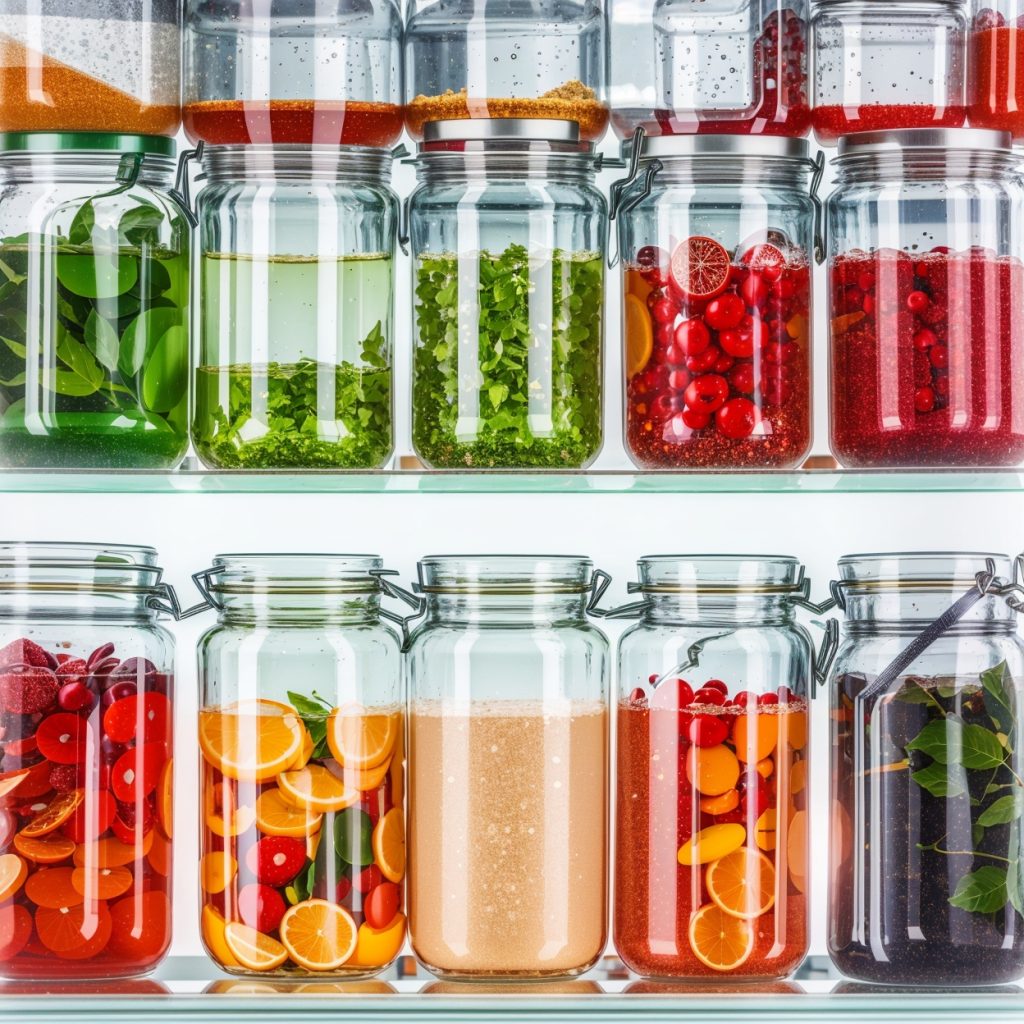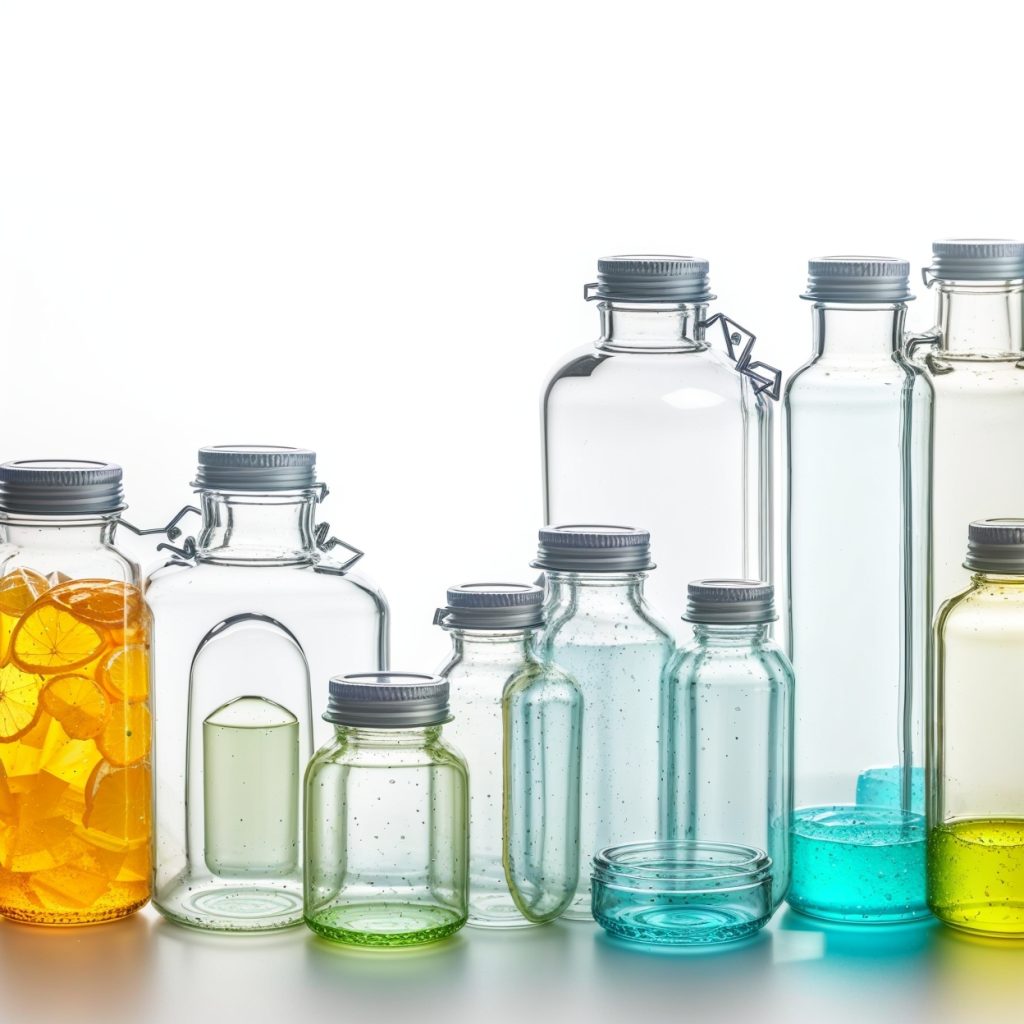High-quality glass containers play a crucial role in ensuring product integrity and upholding environmental responsibility. These containers offer unique properties and benefits that make them indispensable in the world of packaging.
One of the key advantages of high-quality glass containers is their ability to preserve product integrity. Unlike other packaging materials, glass is non-reactive, meaning it does not interact with the products it holds. This quality ensures that the taste, aroma, and overall quality of the contents remain intact, providing consumers with an authentic and unaltered experience. From beverages to sauces and perishable food items, high-quality glass containers act as a protective barrier, safeguarding the products from external influences that could compromise their freshness and flavor.
In addition to product integrity, high-quality glass containers also offer superior protection against light, especially harmful ultraviolet (UV) rays. Many food and beverage products are sensitive to light exposure, which can lead to degradation and spoilage. However, glass is naturally UV-resistant and acts as a shield, preventing UV rays from reaching and damaging the contents. This UV protection is especially crucial for items such as beer, wine, and certain dairy products, which are susceptible to flavor and quality changes when exposed to light. By using high-quality glass containers, manufacturers can confidently deliver products that maintain their intended taste and appearance.
The environmental responsibility of packaging materials is a growing concern in today’s sustainability-focused world. High-quality glass containers excel in this regard due to their inherent eco-friendliness and recyclability. Glass is made from abundant and naturally occurring raw materials, primarily silica. Unlike plastic or other packaging materials, glass can be recycled endlessly without any loss in quality or purity. By choosing glass containers, businesses are actively contributing to reducing the demand for new raw materials, conserving natural resources, and mitigating the environmental impact associated with production.
The recycling process for glass is both efficient and environmentally friendly. Once the glass containers are collected and sorted, they are crushed into small pieces called cullets. This cullet is then melted and molded into new glass containers, significantly reducing energy consumption compared to the production of glass from raw materials. Glass recycling also helps divert waste from landfills and reduces pollution associated with the disposal of non-recyclable packaging materials. By promoting the use of high-quality glass containers and implementing effective recycling practices, businesses can demonstrate their commitment to environmental stewardship.
In conclusion, high-quality glass containers play a crucial role in ensuring product integrity and upholding environmental responsibility. Their non-reactive nature, UV protection, recyclability, and eco-friendly qualities make them an ideal choice for businesses looking to deliver products of the highest quality while minimizing their environmental impact. By opting for glass containers, manufacturers can instill consumer confidence in their products and align with the growing demand for sustainable packaging solutions. Ultimately, the use of high-quality glass containers not only contributes to the success of businesses but also fosters a greener and more sustainable future.


